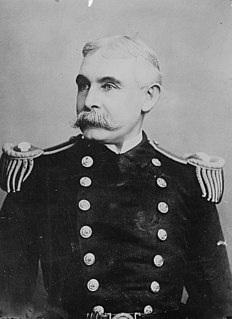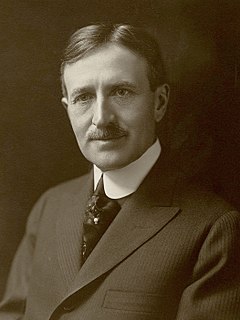A Quote by Ludwig von Mises
All that Lenin learned about business from the tales of his comrades who occasionally sat in business offices was that it required a lot of scribbling, recording, and ciphering. Thus, he declares that accounting and control are the chief things necessary for the organizing and correct functioning of society. . . . Here we have the philosophy of the filing clerk in its full glory.
Related Quotes
The American business man cannot consider his work done when he views the income balance in black at the end of an accounting period. It is necessary for him to trace the social incidence of the figures that appear in his statement and prove to the general public that his management has not only been profitable in the accounting sense but salutary in terms of popular benefits.
In the end, alchemy, whether it is metallurgical or financial, fails. A base business can not be transformed into a golden business by tricks of accounting or capital structure. The man claiming to be a financial alchemist may become rich. But gullible investors rather than business achievements will usually be the source of his wealth.
In business, integrity is just as important as in any of the great public offices... but I believe one of the first and fundamental obligations of competent business leadership is above all to protect the reputation and integrity of the business - to that degree the integrity of the business is the integrity of the leader.
I did translations of Grimms' Fairy Tales and became very charmed about that way of looking at things. Fairy tales tell a lot of truths. Just as a side point, for instance, we always think the bad guys in fairy tales are the stepmothers, who are witches. But where are the fathers when the witches are killing and mishandling their children? Away. They are on a business trip. They are hunting, they are away. Wow, you know! No one says the fathers are the bad guys! It's one of the things you don't say. But my goodness, where are they?
[About Francis Baily] The history of the astronomy of the nineteenth century will be incomplete without a catalogue of his labours. He was one of the founders of the Astronomical Society, and his attention to its affairs was as accurate and minute as if it had been a firm of which he was the chief clerk, with expectation of being taken into partnership.
An executive cannot gradually dismiss details. Business is made up of details and I notice that the chief executive who dismisses them is quite likely to dismiss his business. Success is the sum of detail. It might perhaps be pleasing to imagine oneself beyond detail and engaged only in great things, but as I have often observed, if one attends only to great things and lets the little things pass the great things become little; that is, the business shrinks.





































